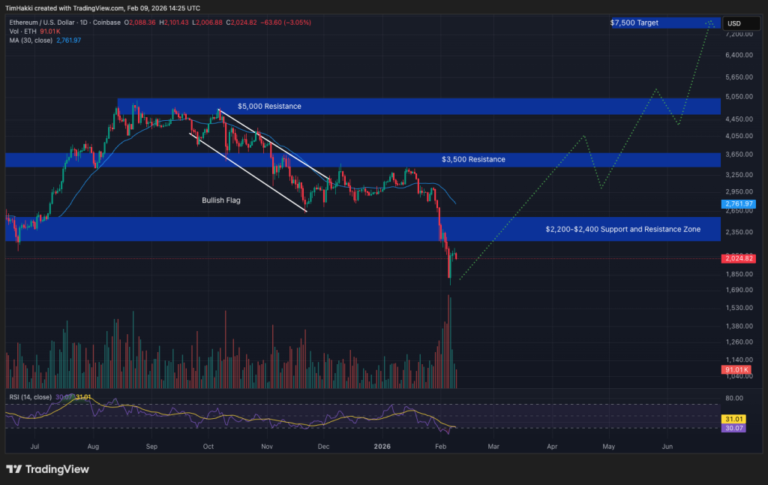Last updated:
 Why Trust Cryptonews
Why Trust Cryptonews

Jerry Brito, founding executive director at Coin Center since 2014, announced his resignation on the organization’s website on Monday, saying he will step down by year-end.
Similarly, Robin Weisman, senior policy counsel at the organization since its inception, will also depart simultaneously, Brito said. Both Brito and Weisman will remain on the board, maintaining some leadership continuity.
Coin Center Announces Peter Van Valkenburgh as Incoming Executive Director
Peter Van Valkenburgh, now director of research, will take over as executive director on Jan. 1. Additionally, Landon Zinda, currently policy counsel, will step up as policy director, Brito added.
“Peter groks Coin Center’s mission better than anyone and his depth of knowledge and experience at the intersection of crypto and constitutional law is unmatched,” Brito said.
Van Valkenburgh said he was enthusiastic about Coin Center’s upcoming decade, noting a critical need to safeguard digital civil liberties now more than ever.
In his announcement, Brito did not disclose his or Weisman’s next career moves. Nonetheless, he highlighted Coin Center’s achievements, stating, “Our goal at the outset was to secure time for Bitcoin to reach ‘escape velocity,’ and on that score, I think we succeeded.”
Crypto Advocacy Group Resists Overreaching Rules
The organization has led efforts to promote regulatory frameworks that support cryptocurrency innovation while addressing related concerns. They educate policymakers on the technology, emphasizing its benefits and risks, aiming to shape policies that encourage technological growth.
Earlier this year, Brito rejected Senator Elizabeth Warren’s request for Coin Center to disclose its hiring practices, stating it is under “no obligation” beyond legal public disclosures. Additionally, Brito criticized Warren for publicly reprimanding Coin Center.
Just weeks ago, Coin Center won its appeal to revisit a 2022 lawsuit against the US Treasury Department and IRS. The lawsuit challenges a tax code amendment that treats digital assets like cash, requiring transactions over $10,000 to be reported. Privacy advocates and the crypto community argue that this rule invades privacy, comparing it to financial surveillance.


















